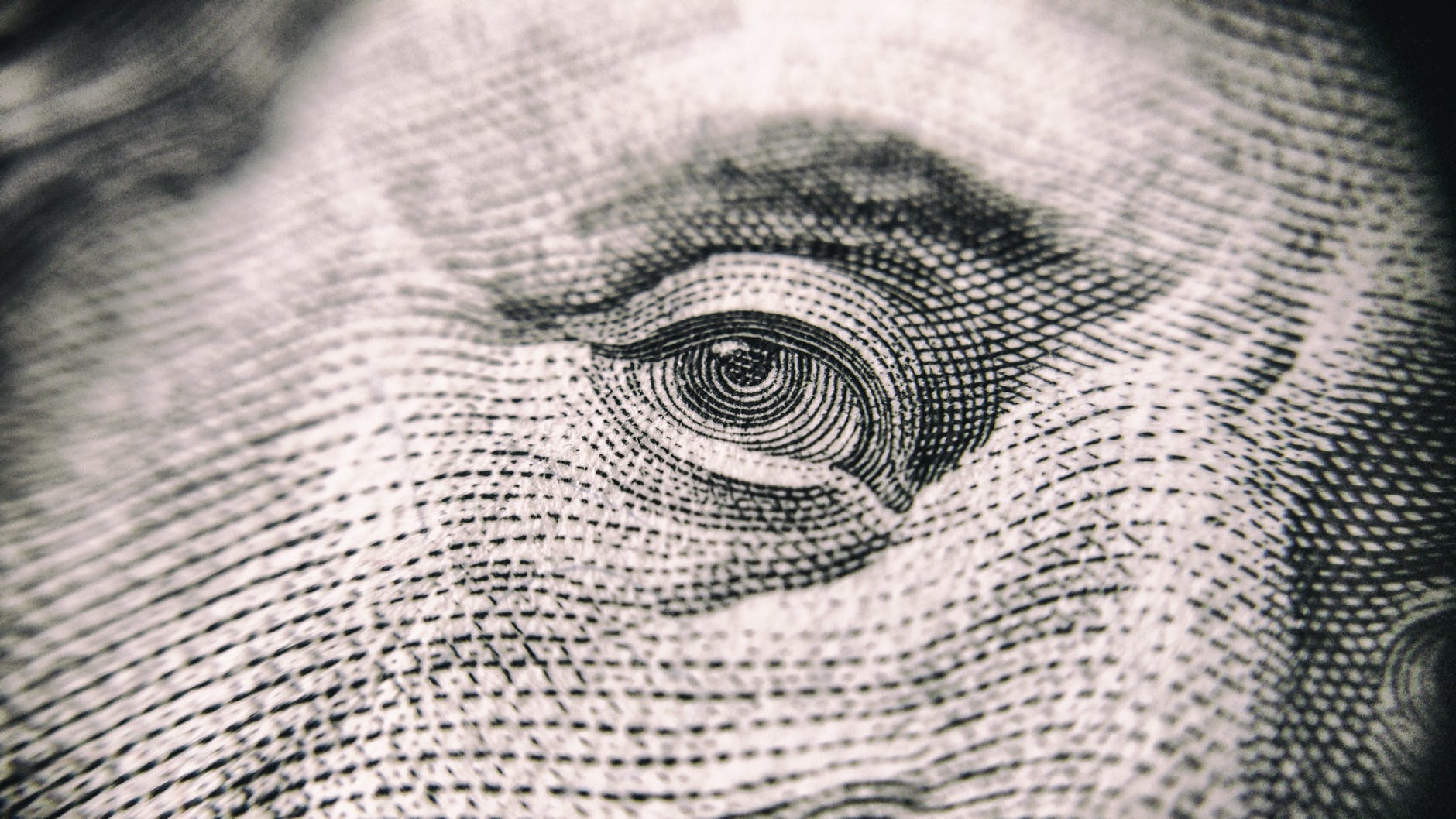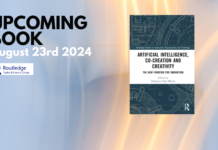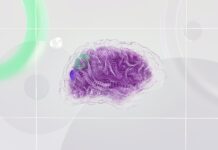“Computers Make Art. Artists Make Money” (Zeroquatro, Fred).
The quote above is derived from the song “Computadores Fazem Arte”, (English: Computers make Art) here performed by the Brazilian band Nacao Zumbi.
With the advances of artificial intelligence, artificial creativity is exponentially growing in the music industry. Moreover, as long the the music touches them, millennials do not seem to mind if songs are written by AI.
But what exactly is Artificial Creativity?
I’ve selected a few insightful videos to detail the concept for you and give insights of just how incredibly creative computers have become.
Here We Go!
1. Can Robots Be Creative? – Gil Weinberg
Description: People have been grappling with the question of artificial creativity — alongside the question of artificial intelligence — for over 170 years. For instance, could we program machines to create high quality original music? And if we do, is it the machine or the programmer that exhibits creativity? Gil Weinberg investigates this creative conundrum.
2. How Computers Are Learning To Be Creative – Blaise Agüera y Arcas
Description: We’re on the edge of a new frontier in art and creativity — and it’s not human. Blaise Agüera y Arcas, principal scientist at Google, works with deep neural networks for machine perception and distributed learning. In this captivating demo, he shows how neural nets trained to recognize images can be run in reverse, to generate them. The results: spectacular, hallucinatory collages (and poems!) that defy categorization. “Perception and creativity are very intimately connected,” Agüera y Arcas says. “Any creature, any being that is able to do perceptual acts is also able to create.”
3. Artificial Creativity – Steve Engels
Description: AI continues to push the limits of what is possible with machine learning successes in self-driving cars and facial recognition, but is often assumed to be off-limits from areas like artistic creation. However, computer science professor Steve Engels sees AI’s creative potential. In his talk, Steve will show how AI can model human creative processes, and how creativity is definitely not off-limits!
4. How Artificial Intelligence Will Make Us Collectively Creative – Jakob Lindvall
Description: Jakob and his team are exploring the intersection between human creativity and new technologies, with focus on idea generation and co-creation. In his talk, he will describe how the new possibilities arising from big data and artificial intelligence will enhance our capacity to collaborate and innovate at scale.
5. Automated Creativity: Designing Robots Through Artificial Evolution – Nick Cheney
Description: This TEDxCornell talk focuses on the use of evolutionary algorithms as a method to invoke automated idea generation and computer creativity in functional and aesthetic design. Nick Cheney is a Computational Biology PhD Candidate at Cornell and a Visiting Fellow at the Vermont Complex Systems Center. His research focuses on emergent complexity in artificial life, with an emphasis on embodiment and morphology in evolving systems.
6. When Creative Machines Overtake Man – Jürgen Schmidhuber
Description: Machine intelligence is improving rapidly, to the point that the scientist of the future may not even be human! In fact, in more and more fields, learning machines are already outperforming humans. Artificial intelligence expert Jürgen Schmidhuber isn’t able to predict the future accurately, but he explains how machines are getting creative, why 40’000 years of Homo sapiens-dominated history are about to end soon, and how we can try to make the best of what lies ahead.
7. Emergence of Creativity in Artificial Intelligence – Peter Bock
Description: Peter Bock discusses the evolution of Artificial Intelligence and states his intention of creating the world’s first artificial being. He shows the capabilities of the current system, known as ALISA, in creating works of art.
8. Computational Creativity: AI and the Art of Ingenuity
Description: Will a computer ever be more creative than a human? In this compelling program, artists, musicians, neuroscientists and computer scientists explore the future of artistry and imagination in the age of artificial intelligence.
Final Thoughts
With the development of artificial creativity, the value of human creative production will tend to decrease. This represents the saddest projection of all.
Great composers, writers and designers, for example, will most likely gain less credibility for productions due to the fact that consumers will no longer credit themselves for the output they created. For a fact, there will have been some sort of artificial contribution to the production process or it will be entirely automated.
On the other hand, the quality and quantity of creative outputs (e.g. Songs, paintings, poems and more) will increase to an unimaginable amount.
So the question is: Will consumers miss the human creative input if there is an abundance of high quality artificial outputs?





